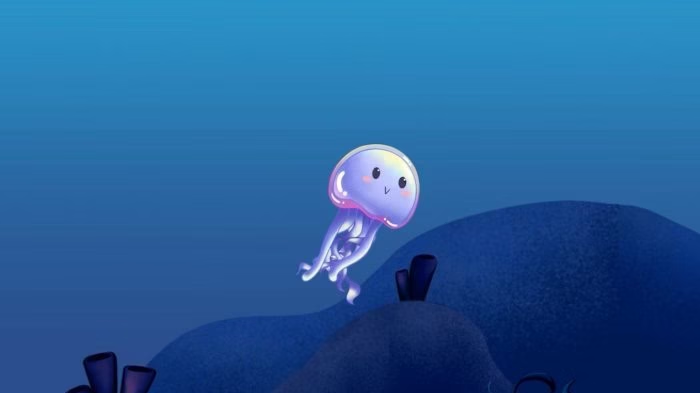Mathematicians at the University of Technology Sydney in Australia have determined that monkeys typing Shakespeare is implausible due to the universe’s finite lifespan.
From University of Technology Sydney 11/11/24 (first released 29/10/24)

A monkey randomly pressing keys on a typewriter for an infinite amount of time would eventually type out the complete works of Shakespeare purely by chance, according to the Infinite Monkey Theorem.
This widely known thought-experiment is used to help us understand the principles of probability and randomness, and how chance can lead to unexpected outcomes.
The idea has been referenced in pop culture from The Simpsons to Hitchhiker’s Guide to the Galaxy and on TikTok.
However, a new study reveals it would take an unbelievably huge amount of time – far longer than the lifespan of our universe, for a typing monkey to randomly produce Shakespeare.
So, while the theorem is true, it is also somewhat misleading.
Mathematicians, Associate Professor Stephen Woodcock and Jay Falletta from the University of Technology Sydney (UTS), decided to examine the theorem using instead the limits of our finite universe.
“The Infinite Monkey Theorem only considers the infinite limit, with either an infinite number of monkeys or an infinite time period of monkey labour,” said Associate Professor Woodcock.
“We decided to look at the probability of a given string of letters being typed by a finite number of monkeys within a finite time period consistent with estimates for the lifespan of our universe,” he said.
The serious but light-hearted study, A numerical evaluation of the Finite Monkeys Theorem, has just been published in the peer-reviewed journal Franklin Open.
For number-crunching purposes, the researchers assumed that a keyboard contains 30 keys including all the letters of the English language plus common punctuation marks.
As well as a single monkey, they also did the calculations using the current global population of around 200,000 chimpanzees, and they assumed a rather productive typing speed of one key every second until the end of the universe in about 10^100 years – that’s a 1 followed by 100 zeros.
The results reveal that it is possible (around a 5% chance) for a single chimp to type the word ‘bananas’ in its own lifetime.
However, even with all chimps enlisted, the Bard’s entire works (with around 884,647 words) will almost certainly never be typed before the universe ends.
“It is not plausible that, even with improved typing speeds or an increase in chimpanzee populations, monkey labour will ever be a viable tool for developing non-trivial written works,” the authors muse.
“This finding places the theorem among other probability puzzles and paradoxes – such as the St. Petersburg paradox, Zeno’s paradox, and the Ross–Littlewood paradox – where using the idea of infinite resources gives results that don’t match up with what we get when we consider the constraints of our universe,” said Associate Professor Woodcock.
In the era of generative AI, the Infinite Monkey Theorem, and its finite version, perhaps also challenge readers to consider philosophical questions around the nature of creativity, meaning and consciousness, and how these qualities emerge.
More info
You may also be curious about:
-

Oxford physicists recreate extreme quantum vacuum effects in simulation
-

Tiny device spins blood clots away
-

Skin bacteria help protect us from sunlight
-

New brain-reading video game reduces chronic nerve pain
-

Black tea and berries could contribute to healthier aging
-

Viral mouth-taping trend ‘sus’ says Canadian sleep expert
-

New sodium fuel cell could enable electric aviation
-

The most extreme solar storm hit Earth over 14,000 years ago, scientists identify
-

Electronic face tattoo gauges mental strain
-

Solitonic superfluorescence paves way for ambient temp quantum computing
-

Cosmic mystery deepens as astronomers find object flashing in both radio waves and X-rays
-

The rotors are also the wheels on this morphobot
